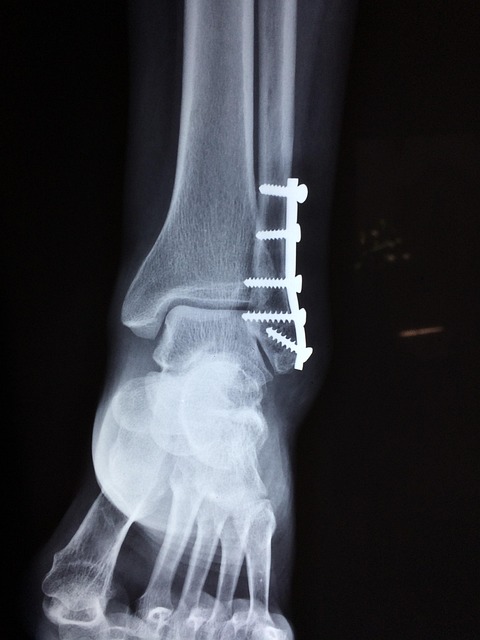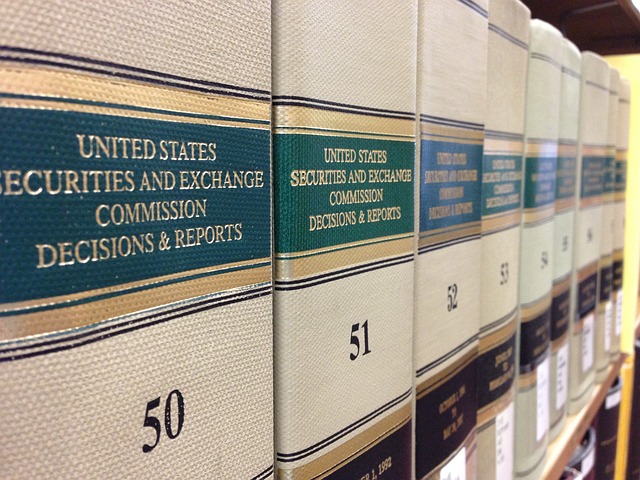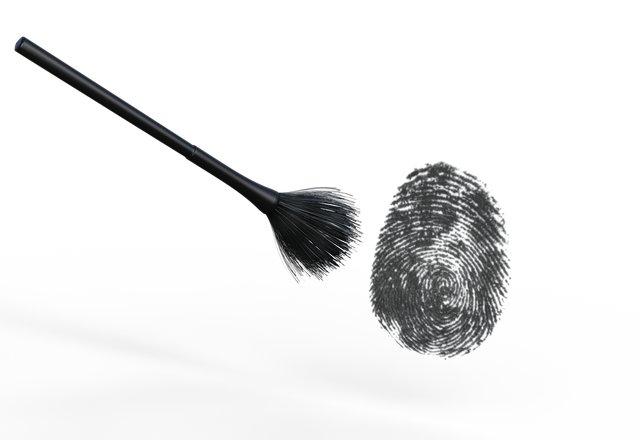Defective equipment lawyers specialize in product liability claims, investigating incidents, gathering evidence, and advocating for clients' rights against manufacturers, distributors, or sellers responsible for unsafe products, especially in cases involving nursing home abuse or industrial accidents. They possess deep knowledge of safety standards, regulatory frameworks, and industry best practices, using expert witnesses, forensic analysis, and compelling evidence to prove fault and establish liability. Their expertise covers personal injury, wrongful death, and breach of contract actions, aiming to hold manufacturers accountable for product safety.
“In cases involving defective equipment, a skilled defective equipment lawyer plays a pivotal role in ensuring justice. These legal professionals navigate complex laws to prove fault and liability, especially when products fail, causing harm. This article delves into the strategies employed by these experts to hold manufacturers, distributors, and sellers accountable. From understanding the law’s intricacies to gathering critical evidence, this guide highlights the essential steps a defective equipment lawyer takes to protect victims’ rights and secure compensation.”
- Understanding Defective Equipment Law and Its Impact
- The Role of a Defective Equipment Lawyer in Proving Fault
- Strategies and Evidence Used to Establish Liability
Understanding Defective Equipment Law and Its Impact

Defective equipment law plays a crucial role in holding manufacturers, distributors, and sellers accountable for their products’ safety. When an individual suffers injuries due to faulty machinery or equipment, a defective equipment lawyer steps in to navigate complex legal proceedings. These attorneys specialize in navigating product liability claims, focusing on proving fault and ensuring clients receive adequate compensation.
In cases of nursing home abuse, where residents may be injured by malfunctioning medical devices or poorly maintained equipment, a defective equipment lawyer can help. They investigate the incident, gather evidence, and build a strong case against the responsible parties. Similarly, in personal injury claims arising from industrial accidents or product malfunctions, these lawyers are instrumental in securing insurance coverage disputes and ensuring clients’ rights are protected.
The Role of a Defective Equipment Lawyer in Proving Fault

A defective equipment lawyer plays a pivotal role in navigating complex legal landscapes surrounding product liability cases. Their primary task is to prove fault and establish liability when individuals are injured or harmed due to faulty machinery, tools, or any other type of equipment. These legal professionals possess extensive knowledge of product safety standards, regulatory frameworks, and industry best practices. They meticulously examine the circumstances leading up to an accident, often employing expert witnesses and forensic analysis to unravel technical details that might be beyond the comprehension of the average person.
By effectively presenting evidence, including product design flaws, manufacturer negligence, or non-compliance with safety protocols, a defective equipment lawyer helps clients secure justice and compensation for their injuries. Their expertise extends to various legal avenues, such as personal injury claims, wrongful death suits, or breach of contract actions, depending on the nature of the case. Through strategic litigation, these attorneys aim to hold manufacturers and distributors accountable for their responsibilities in ensuring product safety.
Strategies and Evidence Used to Establish Liability

A defective equipment lawyer leverages a multi-faceted approach to establish liability and secure justice for clients harmed by faulty machinery. They begin by meticulously examining the incident, gathering evidence such as repair records, maintenance logs, and expert witness opinions to demonstrate a direct causal link between the defective equipment and the resulting injuries or damages.
Compelling visual evidence, including photographs and videos of the damaged equipment and the scene of the accident, plays a crucial role in presenting a strong case. Additionally, interviewing witnesses, gathering medical records detailing the extent of the injury compensation claims, and exploring alternative causes are standard strategies used to construct a robust legal argument. For instance, an auto accident lawyer might compare post-accident vehicle specifications with known safety standards to illustrate negligence on the part of the manufacturer or owner. Similarly, in cases of nursing home neglect, a lawyer may scrutinize care protocols and staff training records to prove that inadequate supervision contributed to an injury.
A defective equipment lawyer plays a pivotal role in navigating complex legal landscapes surrounding product liability. By employing robust strategies and gathering compelling evidence, they can successfully prove fault and establish liability, ensuring justice for clients harmed by defective products. Their expertise is invaluable in holding manufacturers and distributors accountable for the safety of their goods, ultimately fostering a more responsible and transparent marketplace for consumers.






